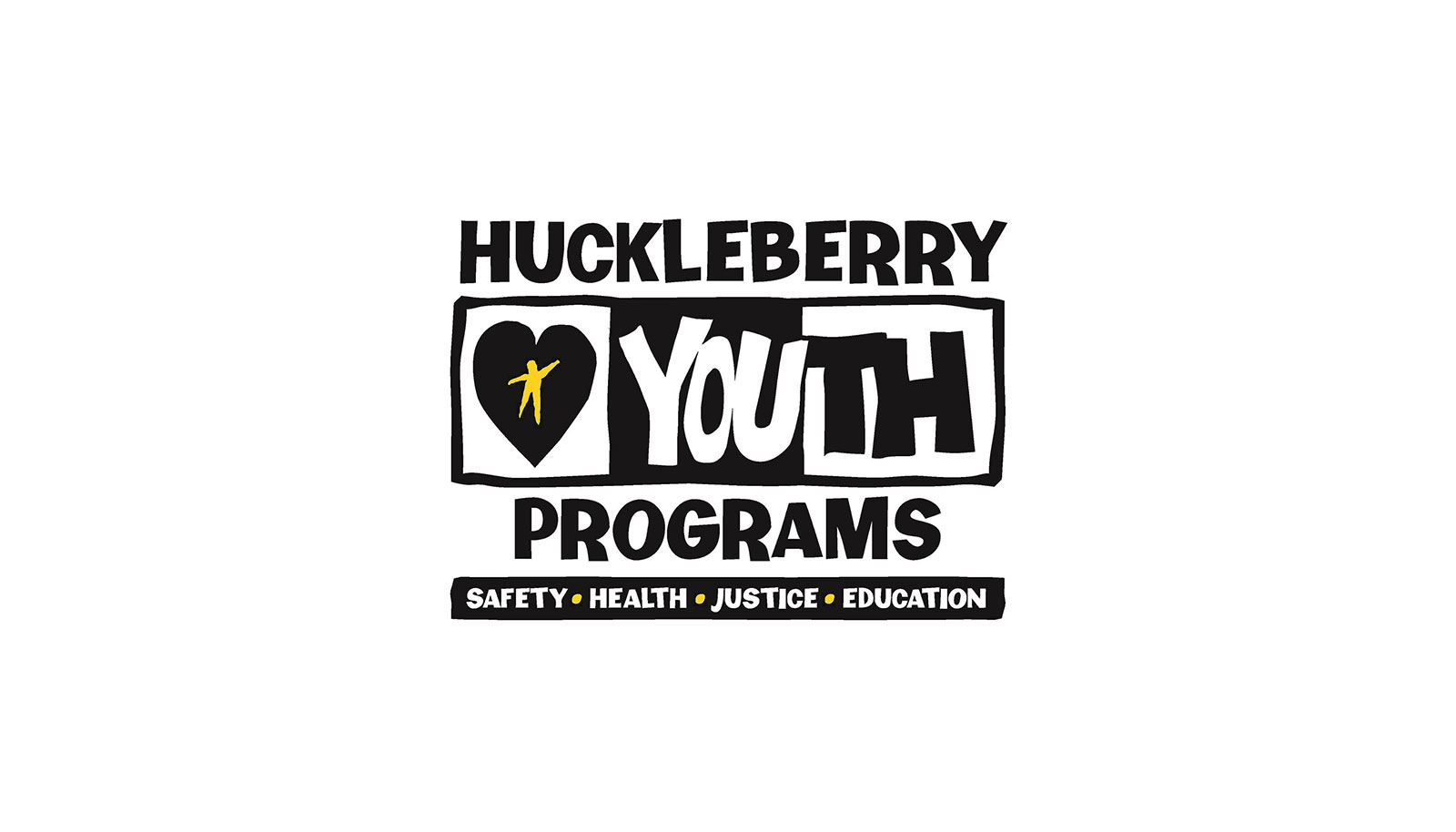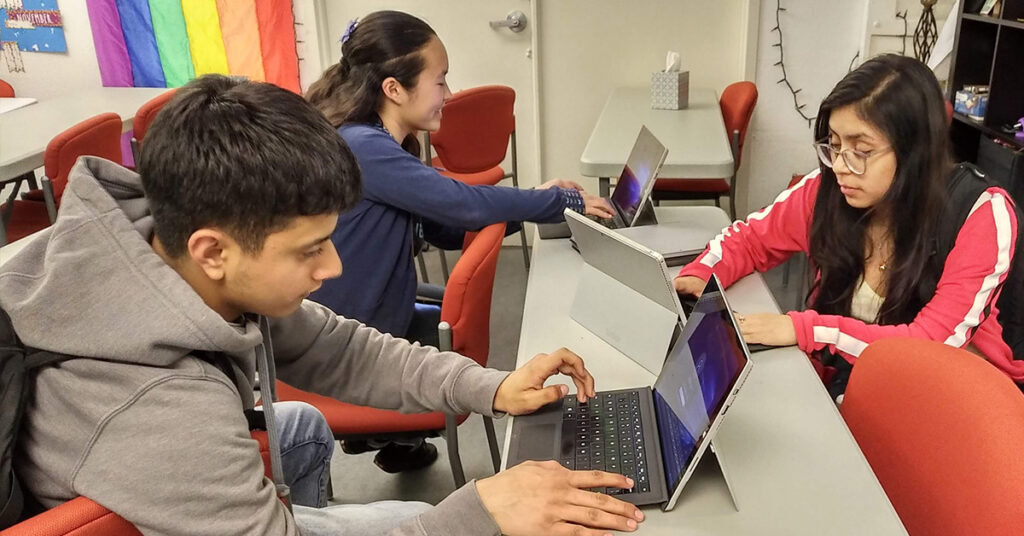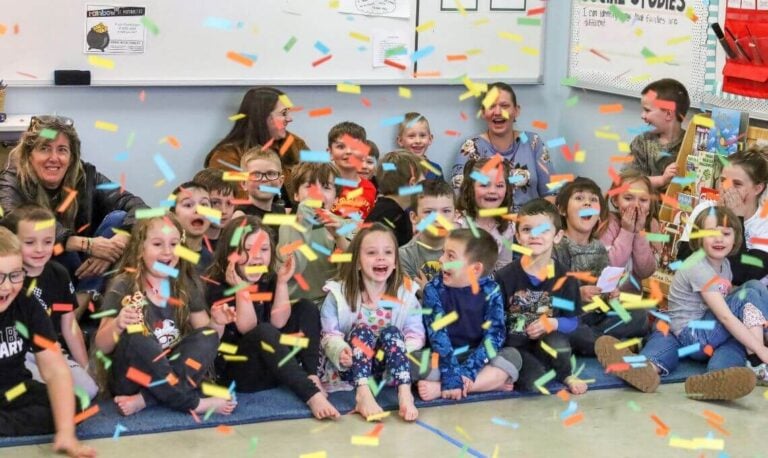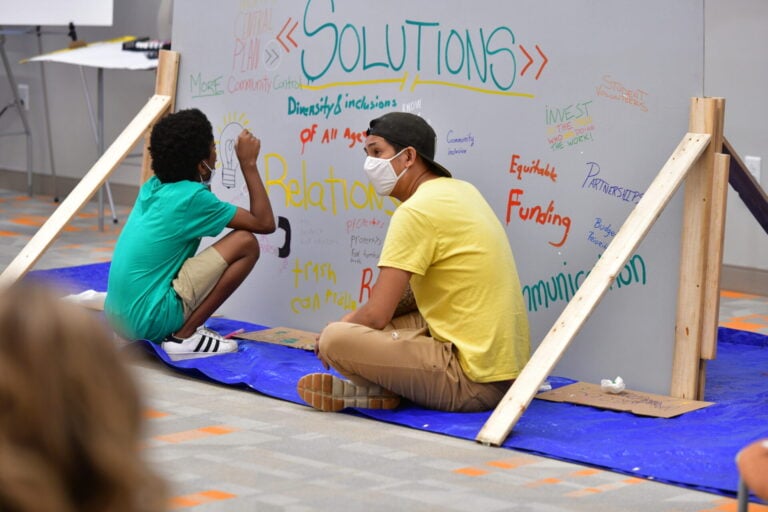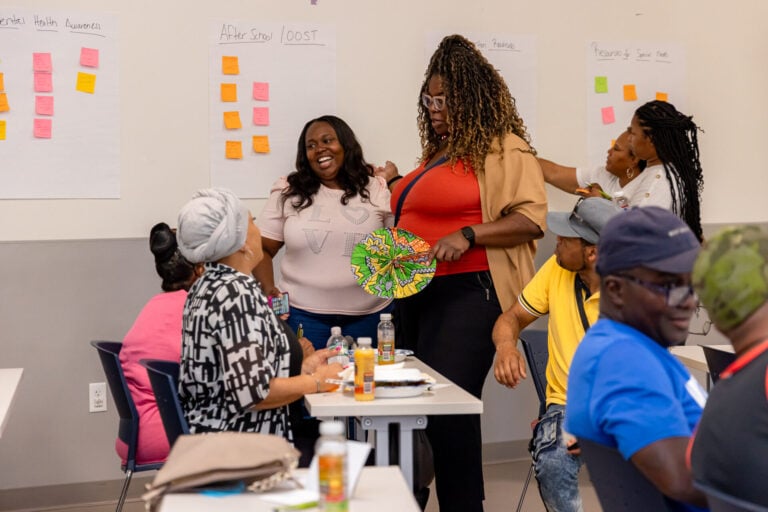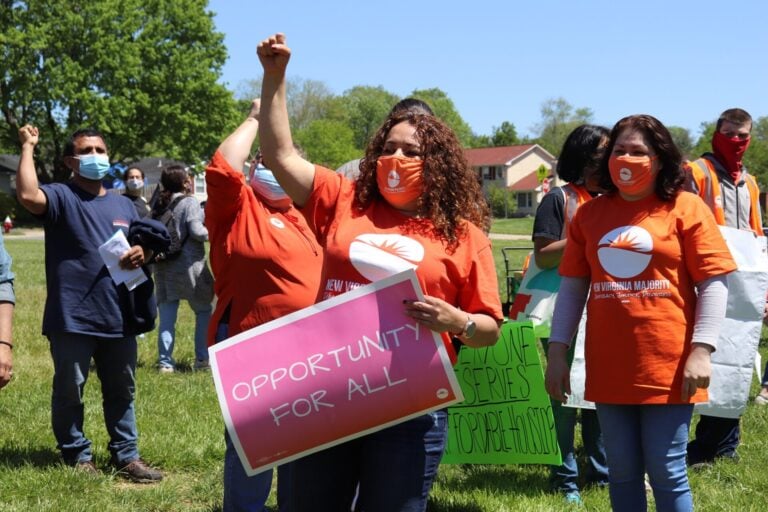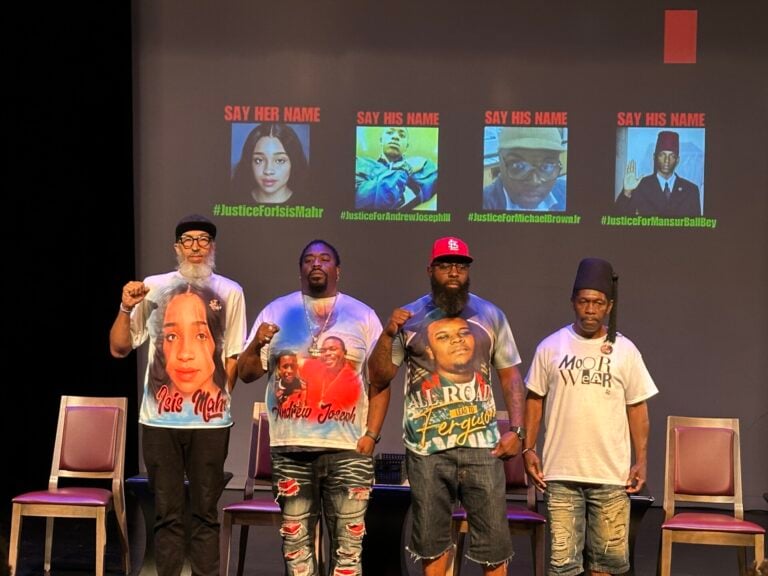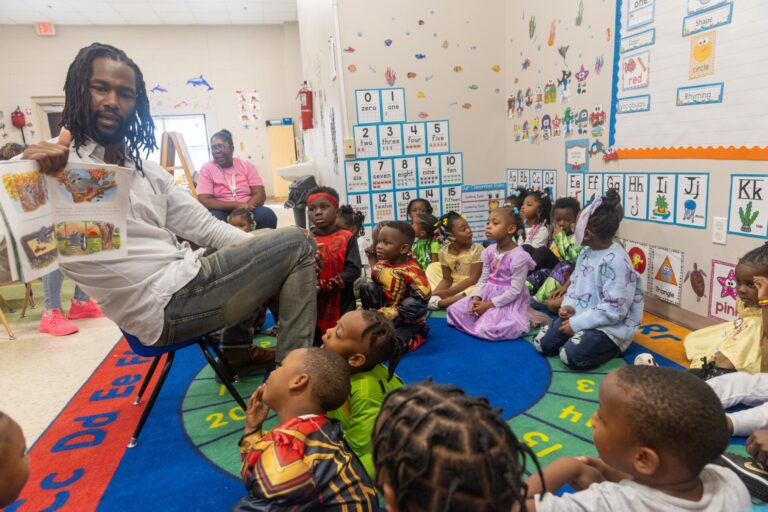Huckleberry ACE (Access to College Equity) Academy offers high-school students tutoring, college counseling, emotional support or therapy, and other academic and health services. The after-school program, run by Huckleberry Youth Programs, also includes weekly group meetings when students, most of whom would be the first in their families to attend college, hang out at Huckleberry’s offices, where comfortable couches and snacks help make the time relaxing and enjoyable.
But once the COVID-19 pandemic pushed the in-person meetings online, those two-hour sessions started to feel a little burdensome for students like Edgar and Meraly, high-school seniors in San Rafael, CA.
“I have siblings at home, so it caused me a lot of anxiety trying to find a quiet space where I could spend the time online,” says Meraly, who is the oldest of five kids.
“A lot of us have other commitments when we’re home, like work or taking care of siblings,” Edgar says. “It was hard to commit and commit attention to the meetings.”
Fortunately, Edgar, Meraly, and their fellow ACE Academy students got to tell Huckleberry about their concerns in a Listen4Good survey last spring. Students shared the challenges to attending two-hour-long virtual meetings, including screen fatigue and family obligations. They also gave feedback on other topics, such as how they wanted to communicate one-on-one with staff. A majority said by text message. Only eight percent said by Zoom.
In response to the survey results, Huckleberry moved fast. It lopped an hour off the weekly meeting time and created shorter and more dynamic presentations and activities to help keep students engaged during virtual programming. It also gave new laptops, tablets, and work phones to its entire staff so they could text and communicate with students. These changes followed Huckleberry hiring an additional ACE Academy staff member to increase the availability of one-on-one tutoring and counseling that students had signaled wanting in a previous Listen4Good survey.
“We had already been through the Listen4Good process, so we were ready when we wanted to do a COVID-specific survey,” says Priscilla Miranda, Huckleberry’s director of Marin programs. “Within two weeks of shelter-in-place in March, we moved our programs online, so we knew that there were adjustments needed, but we didn’t want to assume anything. We wanted to ask.”
Priscilla says she believes that students already consider Huckleberry a safe space for sharing and relationship-building, but that the surveys “helped to formalize that environment.”
“It demonstrated to our youth in a concrete way that we want them involved in imagining and reimagining our programs,” says Gina Pan, Huckleberry’s development officer.
Meraly agrees. She says the surveys — and the responses to them — showed her and her peers that Huckleberry’s staff didn’t “think they are the only ones in charge of everything. They really asked our opinions, needed our opinions, to make everything work better.”
